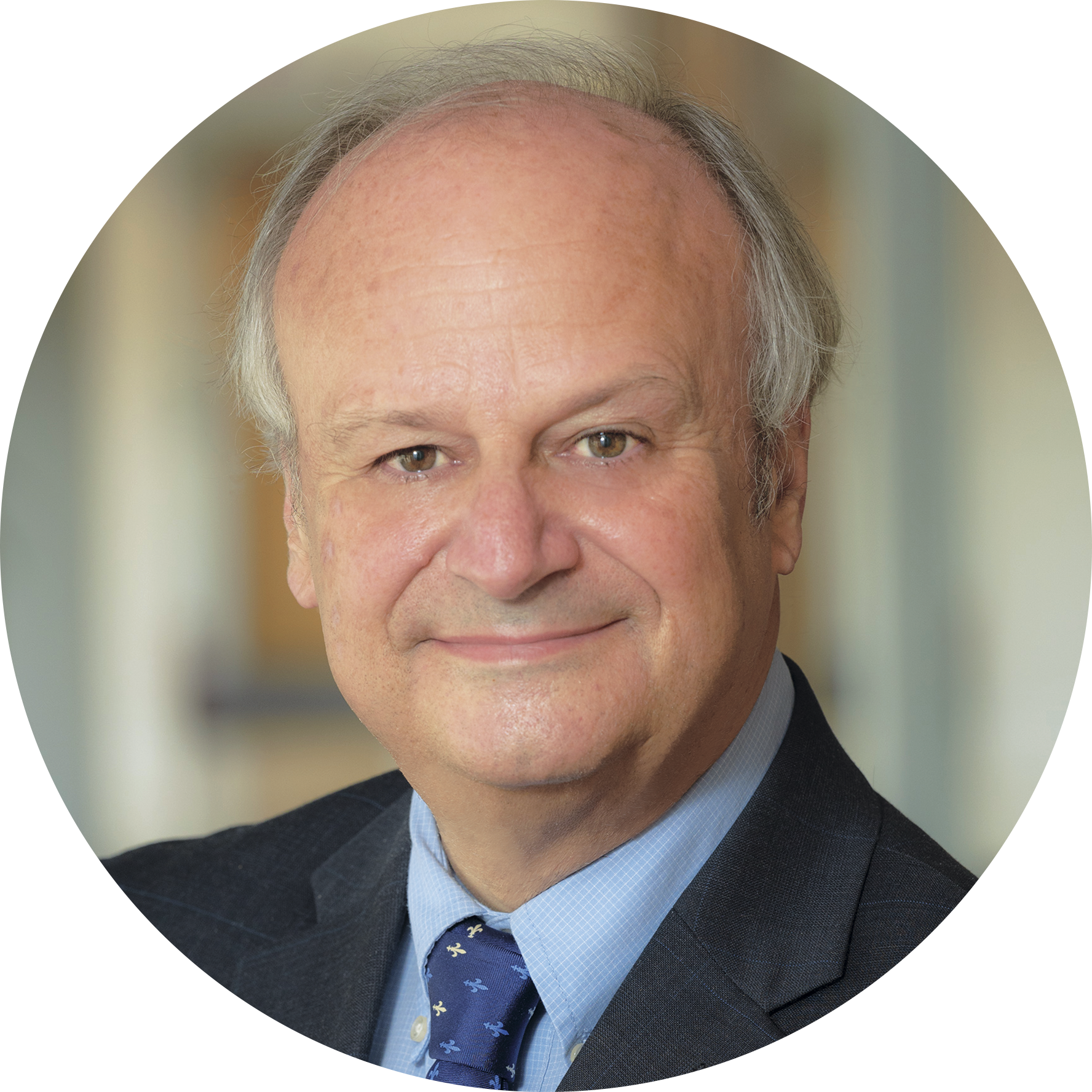There are a myriad ways in which insurance companies interfere and harass physicians in the ordinary course of the day. Some are direct and very obtrusive, some seemingly more benign. Pay for performance is one of those ways that at first seemed plausible, but in practice has proven very problematic. A recent article in the Annals of Internal Medicine has shown that pay for performance does not in fact improve quality or reduce cost. In fact, it makes matters worse because it penalizes doctors for the treatment of the sickest and most complex patients and then their “quality scores” suffer. The Medicare program that rewards and punishes hospitals based on arbitrary limit on readmissions for heart failure may have increased death rates.
Job Satisfaction
Then there is a decade of research that shows paying physicians by rewarding or punishing by quality measures, as most of them inaccurately measure quality, do not improve the health of patients. Furthermore, these programs harm the sicker and poorer patients. They create interruptions in patient care and reduce job satisfaction in physicians. There are cases of physicians avoiding sicker patients or avoiding more complex surgeries that have lower rates of success. Replacing physician judgment by insurance company oversight that watches the bottom line rather than the best interests of patients is demoralizing at best and dangerous for patients in its implementation.
Probably nothing is more aggravating or time consuming than pre-authorization. The degree of harassment varies between insurance plans, but in study after study, it is found that for the effort involved it actually costs insurance companies more to implement these policies than any savings realized. And that does not include the lost physician time, lost productivity, or cost of physician office staff labor. When that is all included, it is a huge waste of time and money. So why do these persist? It appears to be little more than harassment with the belief that it somehow cuts down on patient care and testing, lowing insurance costs. Multiple studies actually show no significant cost savings, and physicians and patients are directly harmed for no gain. At the very minimum, a “gold card’ status as has been recently passed in Texas, should be adopted nationally, and those physicians who rarely get denied should be spared of this hassle
Now there is the “great resignation”, where 1 in 5 physicians say they are burned out and plan on retiring or leaving the practice of medicine in the next year or 2. This will lead to a huge shortage of medical care unless we reform the reasons for this huge dissatisfaction in practice issues.
Prior authorization
probably nothing irritates physicians than having to “justify” and get permission from an insurance company to simply take care of their patients to the best of their ability. Recently the number of prior authorization requites has ballooned, many practices need a near full time employee simply to get through PA requests. Then invariably the physician is called to the phone wasting valuable clinic time away from patient care. Even Medicare advantage plans are increasingly doing this, and recent reports show 18% of requests are initially turned down for care these plans are obligated to provide. Most eventually get accepted but only with more waste of physicians time and resources.
Costs of Practice
The costs of running a practice are enormous, and Medicare and insurance rules and regulations place an unfair burden. It is now untenable in many locations for new physicians to set up independent practices. The percentage of physicians in private practice in 2022 is now only 30% nationally, and lower in certain urban areas. The unfair discrimination against private practice, such as paying far less for identical services if supplied by a private practice versus favored employed practices owned by hospitals, has placed undue strain on even long standing mature practices. In 2018 my own group of 14 cardiologists fell to the inevitable, and we are now owned by by Massachusetts General-Brigham (formally Partners). The fact that a hospital can charge 3 times for a service (echo, stress test, and also charge a “facility fee”) than a private practice is allowed directly leads to hospital acquisitions. (Note, this increased fee is with the same equipment in the same locations, and by the same providers).
Is there little wonder why the dissatisfaction rate among practicing physicians rises every year? Why burnout is now so prevalent? Physicians have dedicated their lives to caring for patients, to the best of their abilities, only to be stymied, obstructed, and having to overcome nearly impossible hurdles placed in their path. When one is faced with impossible obstacles of which one has little to no control, yet expected to perform perfectly at all times, no wonder that burnout and dissatisfaction in career choice becomes so prevalent.
Articles:
The AMA has worked in strong collaboration with more than 25 state medical associations so far to oppose legislation that would inappropriately expand the scope of practice of non-physicians. Read on for recent state legislative victories related to scope of practice.
Probe finds private Medicare plans routinely denied claims that should have been paid
A government watchdog report found private Medicare plans rejected 18% of requests and claims that traditional government-run Medicare allowed. These are procedures and visits they are contractually obligated to provide
Read in USA TODAY: https://apple.news/
“The great resignation” 1 in 5 physicians say they plan on leaving medical practice or retire
- Physician Burnout, Harvard and Massachusetts Medical Society Study, January 2019:
http://www.massmed.org/News-and-Publications/MMS-News-Releases/Physician-Burnout-Report-2018/
2. Beckers article on Physician burnout:
https://www.healthaffairs.org/do/10.1377/hblog20170328.059397/full/
3. Prior authorization leads to physician burnout and patient frustration:
4. Athena insurance Co. profits by denying coverage in ER’s
5. A Kaiser article of the frustrations of Electronic health records
https://khn.org/news/death-by-a-thousand-clicks/
Atul Gawande article on the frustrations of EHR, contributing to burnout
https://www.newyorker.com/magazine/2018/11/12/why-doctors-hate-their-computers

